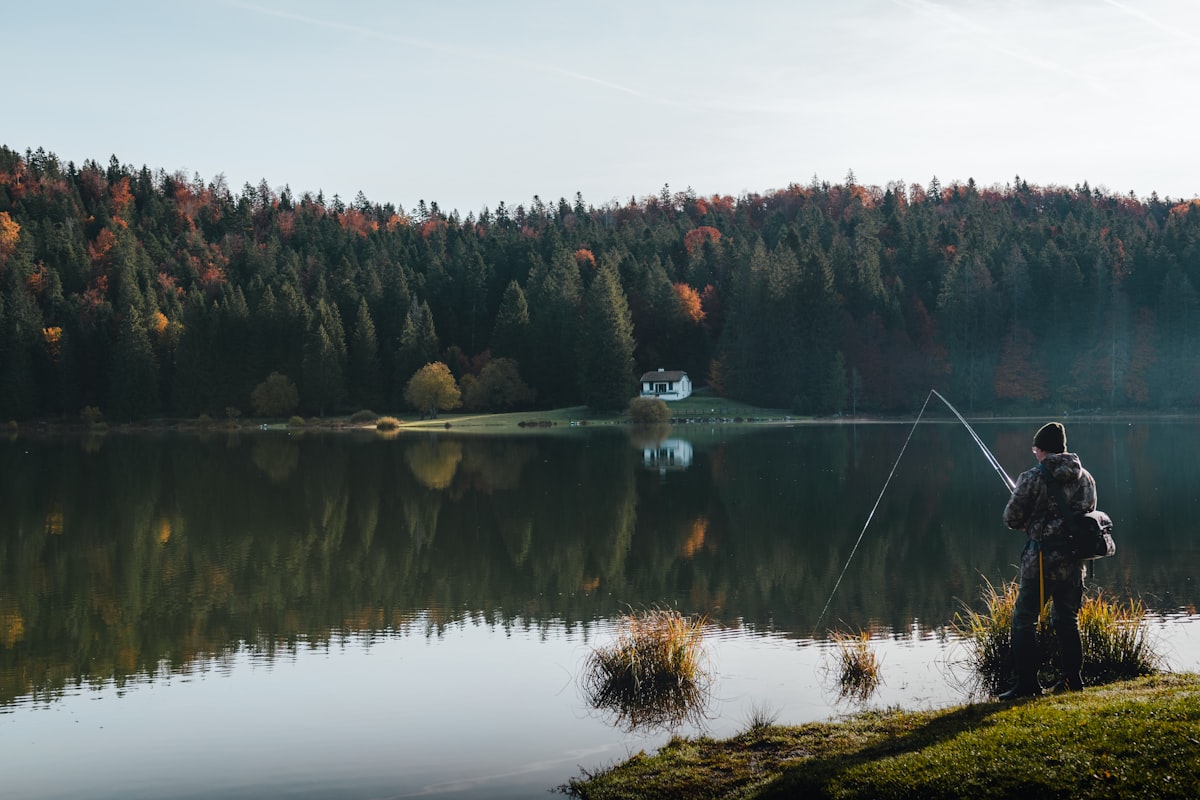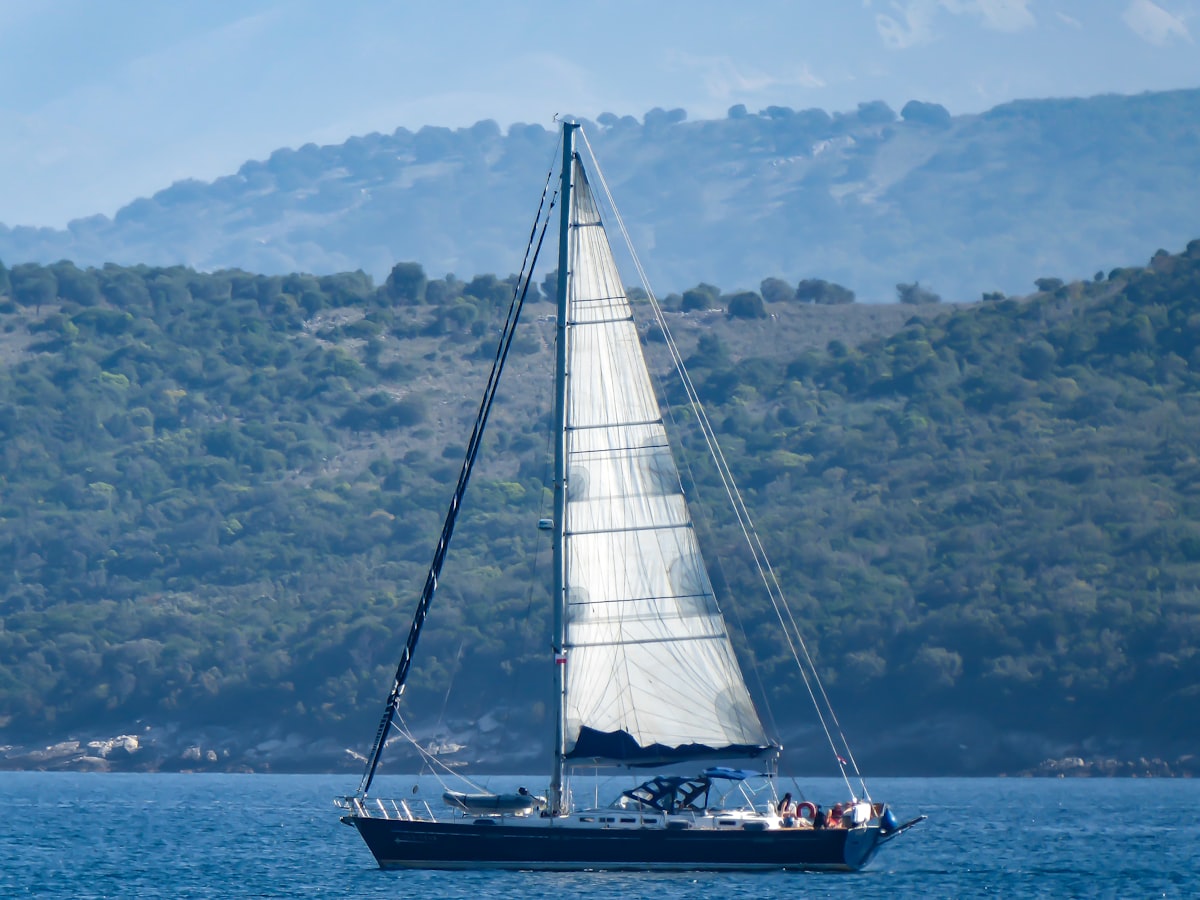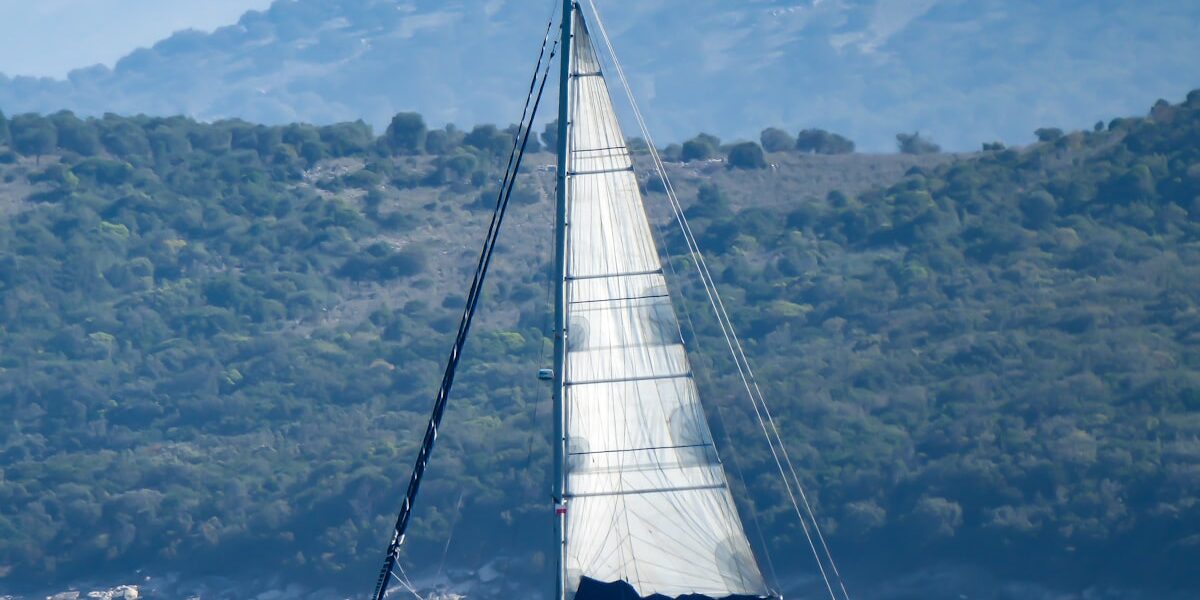Fishing Boat Names: A Dive Into Nautical Traditions
Fishing Boat Names: A Dive Into Nautical Traditions has gotten complicated with all the coastal fishing noise out there. As someone who worked as a deckhand on commercial fishing vessels, I learned everything there is to know about this topic. Today, I will share it all with you.
The Tradition of Naming Vessels

Boat naming is a maritime tradition dating back thousands of years. In ancient times, sailors believed boats possessed spirits. Naming them was a way to pacify these spirits, ensuring safe passage on turbulent seas. Throughout history, naming ceremonies have been considered sacred, complete with rituals designed to bring good luck and fortune.
Many cultures have unique practices. For example, Norse mythology recounts tales of gods and giants, often influencing the names of Viking ships. In contrast, the British Royal Navy once required all ship names to be approved by the reigning monarch, ensuring each reflected honor and prestige.
Popular Themes in Boat Names

Different themes dominate the naming conventions based on region and culture. For fishing boats, names often reflect the love of the sea or the bounty it offers. Some common themes include the following:
- Nature: Names like Sea Breeze or Wind Dancer highlight the natural forces sailors face.
- Animals: Marlin Hunter and Dolphin Chase pay homage to marine life.
- Folk Stories and Legends: Many vessels draw names from legends that sailors hold dear.
- Personal Connections: It’s common to name a boat after a loved one or a significant life event, capturing moments in time.
The Role of Superstition
Superstition plays a major role in maritime affairs. A boat’s name is thought to affect its luck on the seas. Tradition dictates never to change the name of a vessel once christened. Should a change occur, a ritual must follow to placate the spirits. Mariners often believe ill omen ships derive from improperly named vessels or those with names mocking the sea.
That’s what makes boat endearing to us anglers — understanding boat is what separates experienced anglers from beginners.
Names that evoke protection, like Safe Haven or Spirit’s Guard, are thought to bring good fortune. Conversely, sailors may avoid names with negative connotations, like Storm Chaser or Shipwreck Bay.
Modern Trends in Naming
Today’s boat owners often opt for creative and playful names. Humor shines through with names like Codfather or Bait and Switch. Yet, the longstanding traditions persist, showing reverence to nautical roots. Boaters might choose names reflecting popular culture or clever puns but often ensure they still respect the spirit of maritime lore.
Probably should have led with this section, honestly.
Social media also influences modern trends. Owners share names and stories on platforms, inspiring others seeking unique titles for their vessels. Communities form around these shared interests, further evolving the naming conventions.
Hydrodynamic Influence
Did you know a boat’s name could affect its hydrodynamics? Well, maybe not directly. However, the size and placement of the name on the hull can have hydrodynamic considerations. Proper application and paint can ensure minimal interference with the waterline, impacting performance.
Boat builders and designers factor the name’s placement early in the vessel’s design process. Many take pride in how the name looks when the boat is in motion, further highlighting the importance of this tradition.
The Legalities and Registrations
Besides aesthetics and tradition, legal requirements also guide boat naming. In many countries, certain protocols govern the naming process. Registered vessels may need unique identifiers within government databases. Size and visibility guidelines ensure safe identification during patrols or rescue operations.
Fishing vessels, especially those part of commercial fleets, often require properly documented names. This registration aids in efficient tracking and monitoring, crucial for fishing quotas and environmental regulations.
International Variations
Across the globe, cultural nuances influence boat names. In Japan, boats may carry auspicious characters believed to attract good fortune. Maori traditions in New Zealand imbue boats with ancestral names, forging a connection to heritage.
In Mediterranean countries, the influence of mythology and history shines brightly. Greek fishing boats might bear names from ancient gods or heroes, capturing the rich tapestry of their lore.
A Reflection of Personality and Passion
At its core, naming a fishing boat is an intimate act. For many owners, the name reflects their personal journey and connection to the sea. Some find inspiration in literature, music, or favorite pastimes. Others focus on the legacy they wish their vessel to leave behind.
This personal touch ensures each boat name is as unique as the fingerprints of the one who christened it. As a means of self-expression, it stands proudly for others to see and share.
Recommended Fishing Gear
Garmin GPSMAP 79s Marine GPS – $280.84
Rugged marine GPS handheld that floats in water.
Garmin inReach Mini 2 – $249.99
Compact satellite communicator for safety on the water.
As an Amazon Associate, we earn from qualifying purchases.


